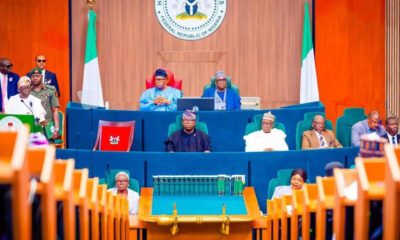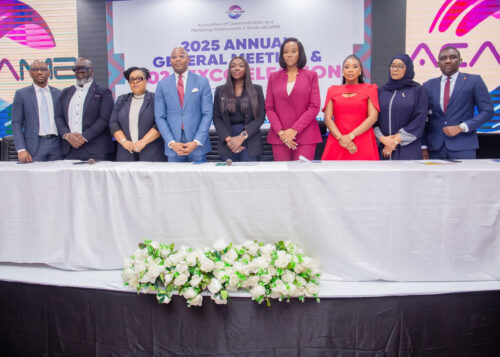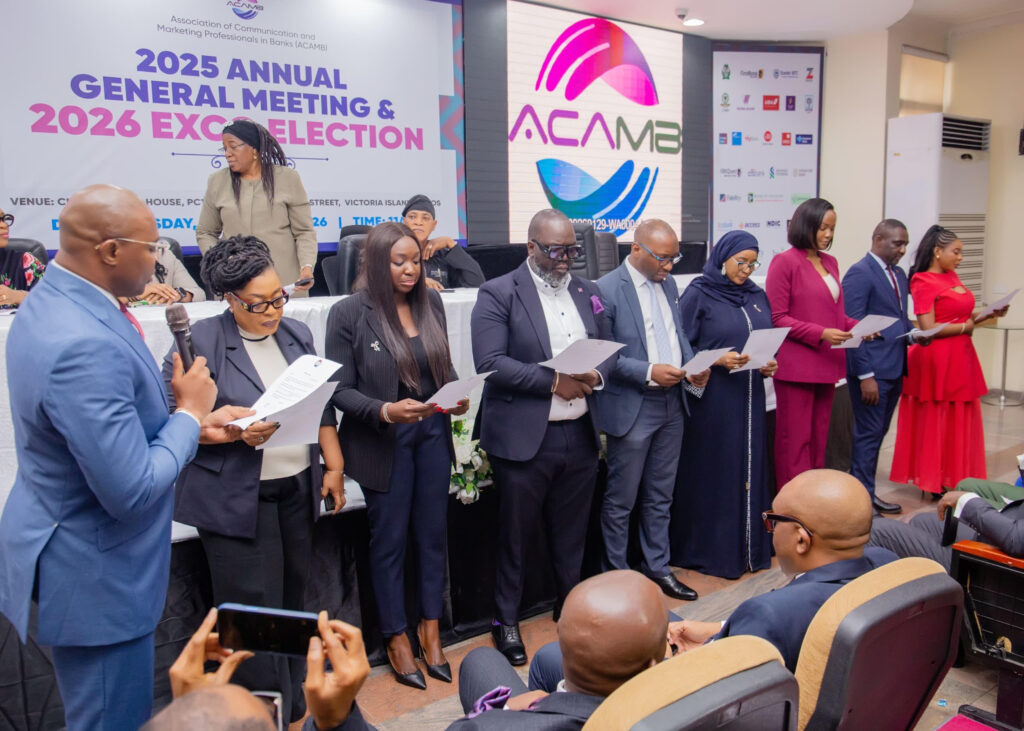BUSINESS
CBN Directs Banks To Close Naira Accounts Of Money Transfer Operators

- /home/porsch10/public_html/wp-content/plugins/mvp-social-buttons/mvp-social-buttons.php on line 27
https://porscheclassy.com/wp-content/uploads/2016/08/CBN-1-e1561703187437.jpg&description=CBN Directs Banks To Close Naira Accounts Of Money Transfer Operators', 'pinterestShare', 'width=750,height=350'); return false;" title="Pin This Post">
- Share
- Tweet /home/porsch10/public_html/wp-content/plugins/mvp-social-buttons/mvp-social-buttons.php on line 69
https://porscheclassy.com/wp-content/uploads/2016/08/CBN-1-e1561703187437.jpg&description=CBN Directs Banks To Close Naira Accounts Of Money Transfer Operators', 'pinterestShare', 'width=750,height=350'); return false;" title="Pin This Post">
-

 BIG STORY4 days ago
BIG STORY4 days agoJUST IN: Defence Headquarters Finally Confirms Coup Attempt Against Tinubu, Indicted Officers To Face Military Trial
-

 BIG STORY4 days ago
BIG STORY4 days agoNo Party Or Person Can Defeat President Tinubu In 2027, Atiku’s Son Declares
-
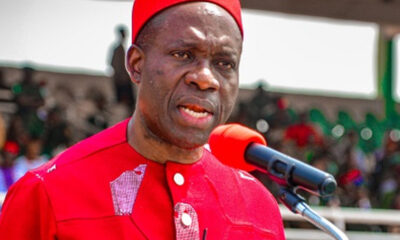
 BIG STORY4 days ago
BIG STORY4 days agoBREAKING: Soludo Closes Onitsha Market For One Week Over Sit-At-Home Defiance
-

 BIG STORY4 days ago
BIG STORY4 days agoJUST IN: NLC, FCTA Workers Protest At Industrial Court, Demand Wike’s Removal [PHOTOS]
-

 NEWS1 day ago
NEWS1 day agoReimagining Urban Spaces: The Forward-Thinking Public-Private Collaboration in Obalende’s Transformation By Babajide Fadoju
-

 BIG STORY2 days ago
BIG STORY2 days agoReturn To Work Immediately Or Face Legal Action, Wike Tells FCTA Workers As Court Orders Strike Suspension
-

 BIG STORY3 days ago
BIG STORY3 days agoAlaafin, Soun Absent As Makinde Kicks Off Oyo 50th Anniversary
-
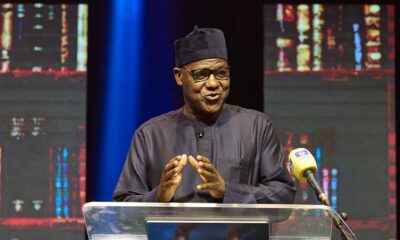
 BIG STORY4 days ago
BIG STORY4 days agoLeave Me Out of 2027 Running Mate Permutations, Tinubu Will Decide What’s Best —– Dogara















